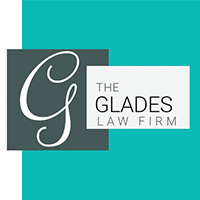 Cassville Misdemeanor Lawyers, Missouri
Cassville Misdemeanor Lawyers, Missouri
Not enough matches for Cassville Misdemeanor lawyer.
Below are all Cassville Criminal lawyers.
Sponsored Lawyers
1-10 of 39 matches
Traffic, DUI-DWI, Criminal, Misdemeanor, Felony
Dan Romine is an attorney in Springfield, Missouri. His practice focuses on traffic tickets, DWIs, and general criminal defense. Mr. Romine is currently accepting cases in Southwest Missouri. His office is located at 417 Boonville--just down the street from the Greene County Courthouse. Call (417) 414-0849 for a free consultation.
(more)Accident & Injury, Divorce & Family Law, Criminal
Our experienced legal staff is dedicated to helping you with the following legal matters: Family Law Criminal Defense Personal Injury
(more)





